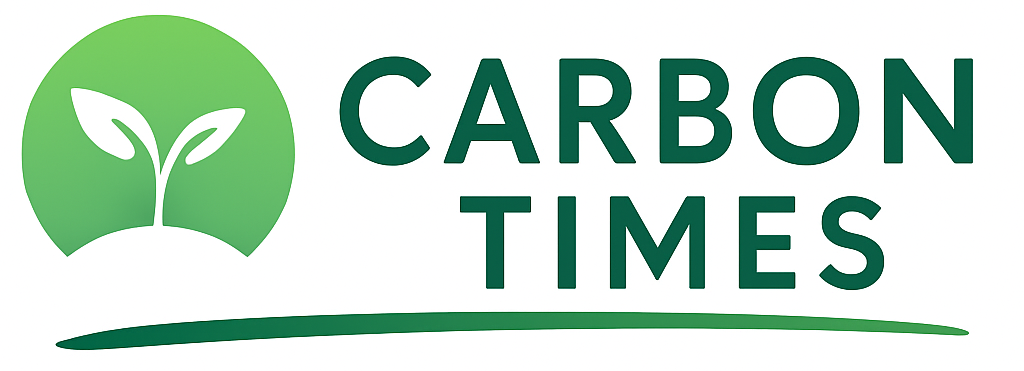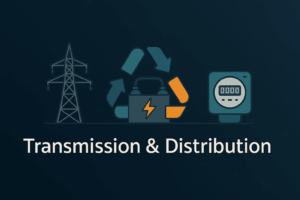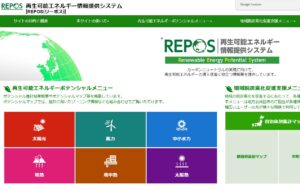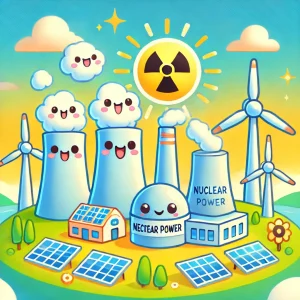Introduction
In Japan, the Electricity Business Act (EBA) governs the regulation and operation of the electricity sector, including hydropower generation. The EBA establishes the legal framework for the generation, transmission, distribution, and sale of electricity.
- Purpose and Scope:
- The EBA aims to promote the stable supply of electricity, ensure fair competition, protect consumer interests, and facilitate the development of efficient and environmentally sustainable energy systems.
- It applies to all entities engaged in electricity business activities, including power generation, transmission, distribution, and retail sales.
- Regulatory Authority:
- The EBA is administered and enforced by the Japanese government, primarily by the Agency for Natural Resources and Energy (ANRE), which operates under the Ministry of Economy, Trade and Industry (METI).
- ANRE oversees the formulation of energy policies, the licensing of electricity businesses, and the regulation of market competition in the electricity sector.
- Licensing and Permitting:
- The EBA establishes licensing requirements for entities engaged in electricity generation, transmission, and distribution activities.
- Electricity generators, including hydropower facilities, must obtain a license from the Minister of Economy, Trade and Industry (METI) or a designated regulatory authority to operate legally.
- The licensing process typically involves submitting an application, meeting specified technical and safety standards, and undergoing regulatory review and approval.
- Market Regulation:
- The EBA promotes competition and market liberalization in the electricity sector to enhance efficiency and innovation.
- It defines the roles and responsibilities of electricity generators, transmission and distribution utilities, and retail electricity suppliers.
- The Act facilitates the establishment of wholesale electricity markets, grid access protocols, and transparent pricing mechanisms to facilitate fair competition and consumer choice.
- Grid Access and Interconnection:
- The EBA regulates grid access and interconnection procedures for electricity generators seeking to connect to the transmission or distribution grid.
- It establishes technical standards, safety requirements, and tariff structures for grid access and interconnection agreements.
- Grid operators are required to provide non-discriminatory access to the grid and ensure the reliable operation of interconnected electricity systems.
- Environmental and Safety Standards:
- The EBA mandates compliance with environmental regulations, safety standards, and operational guidelines to mitigate environmental impacts and ensure public safety.
- Electricity generators, including hydropower facilities, are subject to regulations governing emissions, effluent discharge, waste management, and dam safety.
- Renewable Energy Promotion:
- The EBA includes provisions to promote the development and utilization of renewable energy sources, including hydropower.
- It establishes feed-in tariff (FIT) schemes, renewable energy certificates (RECs), and other incentive mechanisms to support the deployment of renewable energy projects and achieve national renewable energy targets.
- Consumer Protection:
- The EBA includes provisions to protect consumer interests, ensure the provision of reliable electricity services, and regulate electricity prices.
- It establishes consumer rights, dispute resolution mechanisms, and quality of service standards for electricity providers.
History and current revision
The Electricity Business Act (EBA) in Japan was first promulgated in 1964. It has undergone several revisions over the years. Three of the most recent acts are as follows:
- Act No. 87 of 2005:
- While not the most recent, it played a crucial role in shaping the electricity industry.
- This version addressed various aspects, including supply conditions, voltage and frequency standards, and restrictions on electricity use2.
- Act No. 74 of 2013:
- This version of the EBA was the major update and introduced significant changes to the electricity sector. It covered provisions related to business licences, supply obligations, wholesale supply, and wheeling services.
- Notably, it emphasizes the obligation to commence business for licence holders and outlines procedures for suspension and discontinuation of business.
- Revision of 2022:
- The EBA 2022 came into effect on April 1, 2022 and is the latest Act as of 2024. The amendments aimed to establish resilient and sustainable electricity supply systems focusing on expanding distributed power systems and promoting renewable energy use while minimizing the public’s burden.
- This revision treated the business of discharging electricity from large-scale Battery Energy Storage Systems (BESS) as a power generation business.
- It created an environment allowing stand-alone BESS to be connected to the grid.
- The EBA introduced provisions for establishing new electricity distributors and specified wholesale suppliers.
- Feed-in-Premium (FIP) Scheme: This scheme allows renewable energy generators to receive a premium on the market price, encouraging greater use of renewables.
- More information can be found at https://www.meti.go.jp/english/press/2022/0128_002.html





